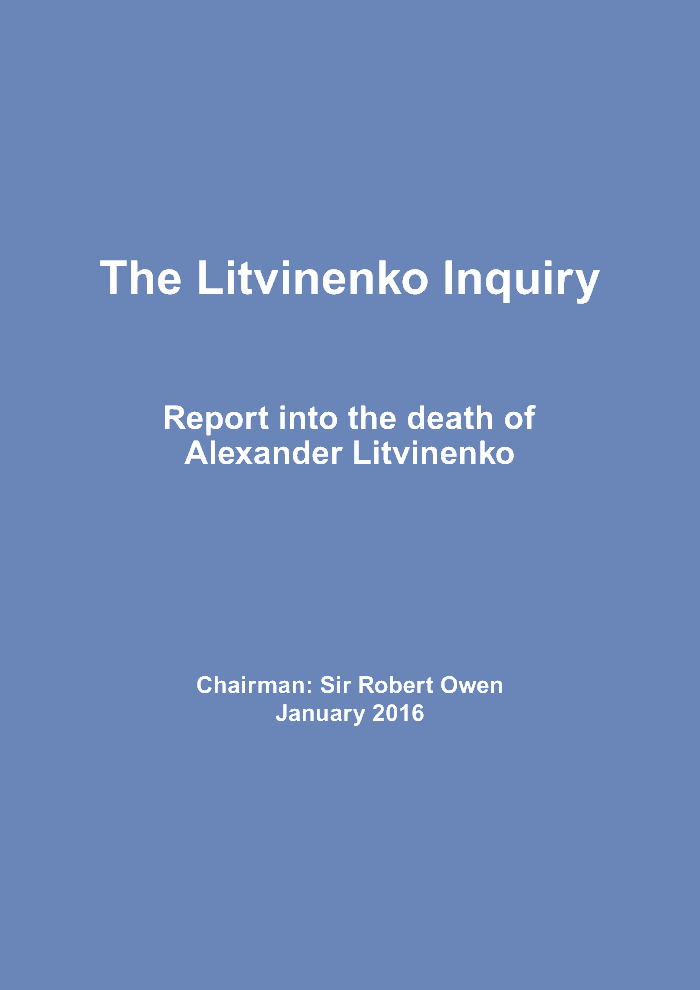Former Russian spy Alexander Litvinenko was "probably" assassinated on the personal instruction of Vladimir Putin, a UK inquiry has concluded.
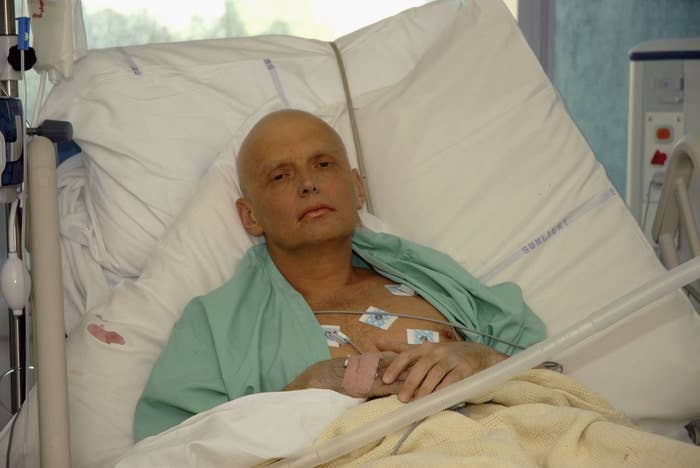
High court judge Sir Robert Owen said on Thursday that former KGB agents Andrei Lugovoi and Dmitry Kovtun poisoned Litvinenko with a radioactive isotope in London in 2006 "acting on behalf of others."
Litvinenko defected to the West in 2000, was granted asylum in 2001 and became a British citizen in October 2006.
He fell ill on the evening of 1 November 2006 after meeting Lugovoi and Kovtun for tea in a London hotel.
Hours before his death on 23 November, tests showed "extremely high levels" of the radioactive isotope polonium 210 in his body.
The inquiry ruled out suicide or accident as causes for Litvinenko's death, and concluded that he was "deliberately poisoned" and that the murder was "probably" approved by Putin and Nikolai Patrushev, former head of the FSB, the successor organisation to the KGB.
A spokesperson for Putin said the report and the British government response to it could "poison" relations between the two countries.
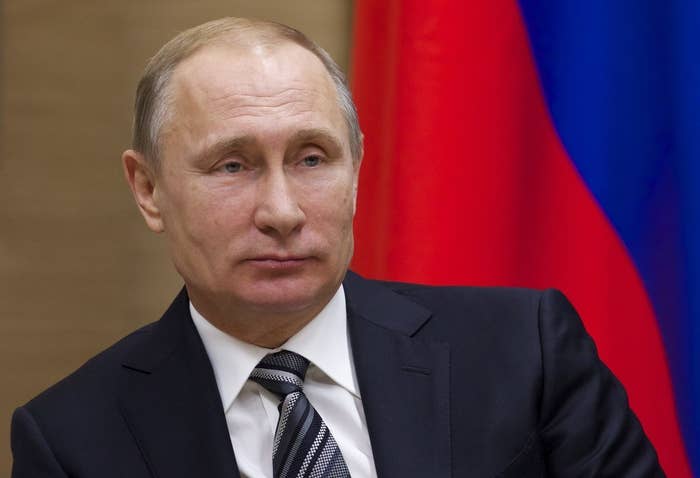
Press secretary Dmitry Peskov was quoted by the state-owned news agency Interfax as saying the report could "further poison the atmosphere of our relations".
Speaking outside the High Court, Litvinenko's widow Marina welcomed the "damning findings" of the inquiry.
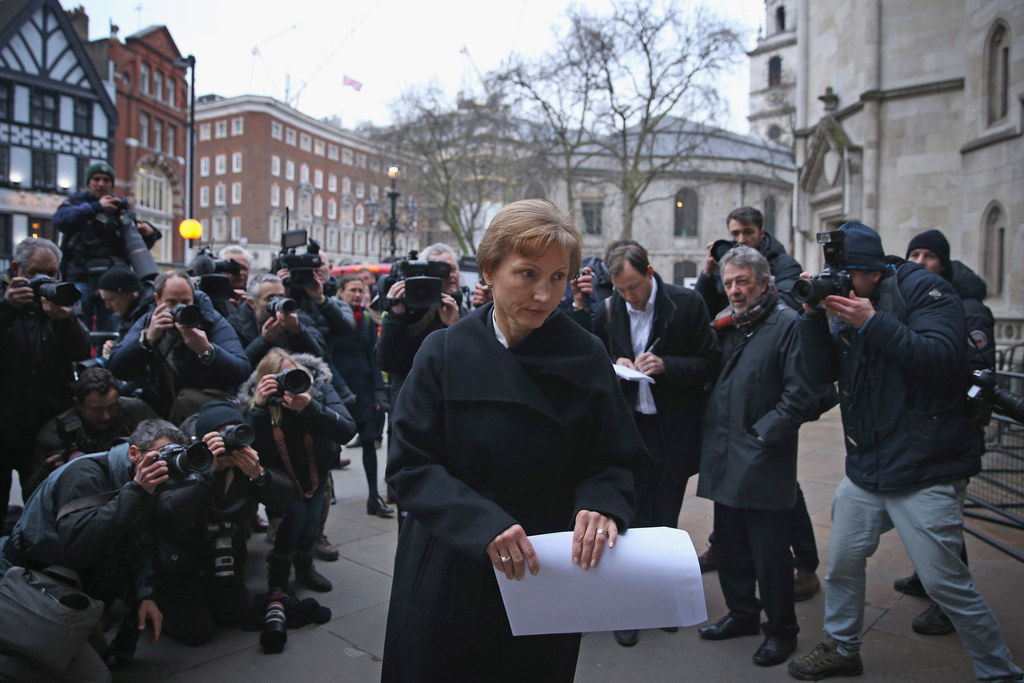
"I am of course very pleased that the words my husband spoke on his deathbed when he accused Mr Putin of his murder have been proved through an English court with the highest standards of independency and fairness. But now it's a time for David Cameron, I am calling immediately for [the] exclusion from the UK of all Russian intelligence operatives," she said.
"I am also calling for the imposition of targeted economics sanctions and travel bans against named individuals including Mr Patrushev and Mr Putin. I received a letter last night from the home secretary promising action. It is unthinkable that the prime minister would do nothing in the face of damning findings [by] Sir Robert Owen."
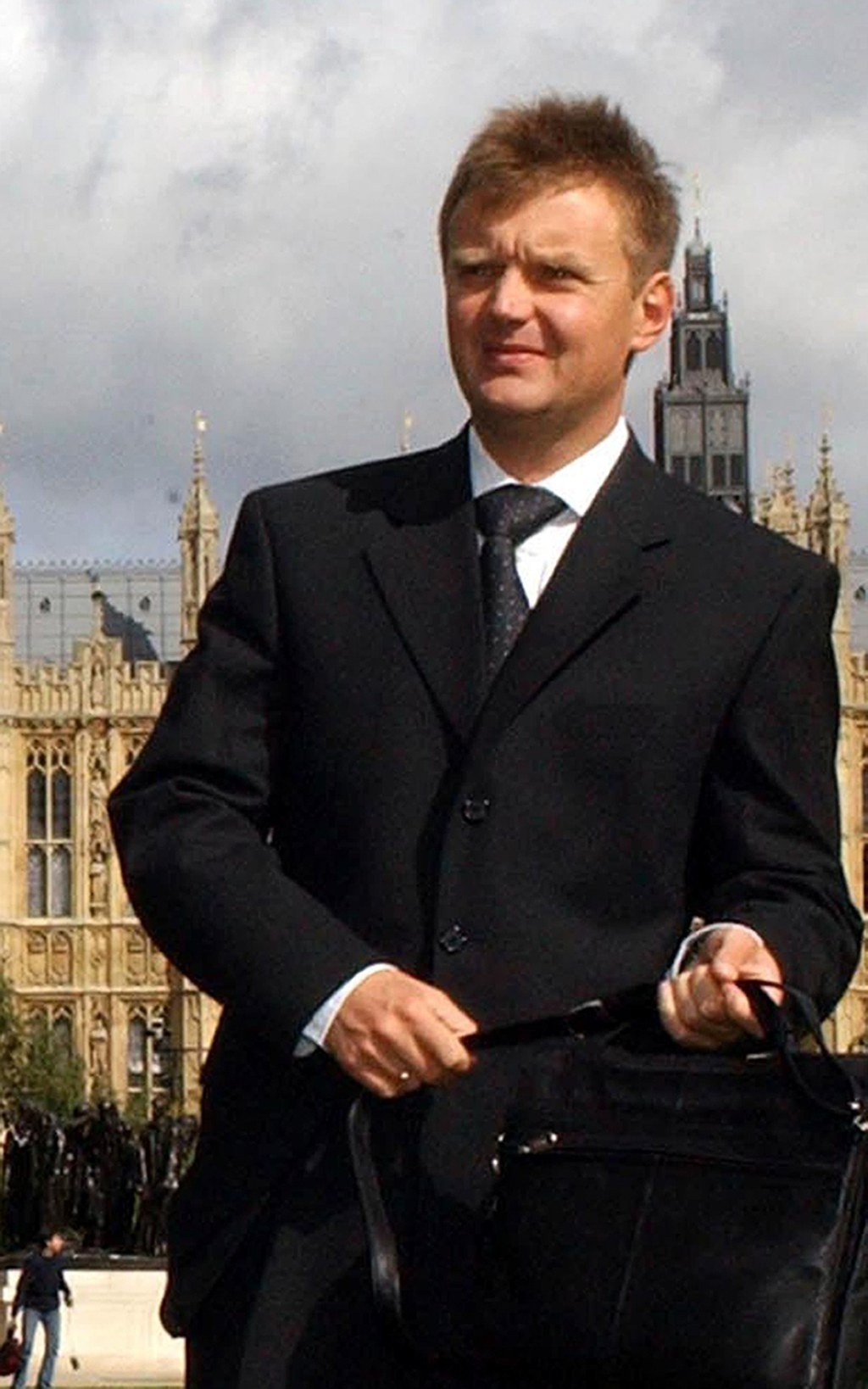
Russia's foreign ministry said it would need time to study the full findings of the inquiry, but criticised its conclusion as "politicised".
"We regret that a purely criminal case has been politicised and has spoiled the general atmosphere of bilateral relations. The decision to suspend the coroner's inquest and start 'public hearings' had clearly political underpinnings. The reason is clear as well: the proceedings, despite their name, are hardly transparent, neither for the Russian side nor the public, especially given the specifics of the closed inquiry and its "classified" status," said spokesperson Maria Zakharova.
"Considering the above, there was no reason to expect that the final report, which was derived from politicised and extremely nontransparent proceedings and bent to match a predetermined, "sought-out" conclusion, would suddenly become objective and unbiased."
Lugovoi meanwhile, speaking to Russian state media, has called the claims "absurd".
"As we expected, there was no sensation," Lugovoi said. "The results released to today just show London's anti-Russian position once again; the narrow-mindedness and lack of desire among the British to find the real reason for the death of Litvinenko," he told Interfax.
Lugovoi became an MP in the Russian parliament a year after Litvinenko’s death, and thus became immune from prosecution.
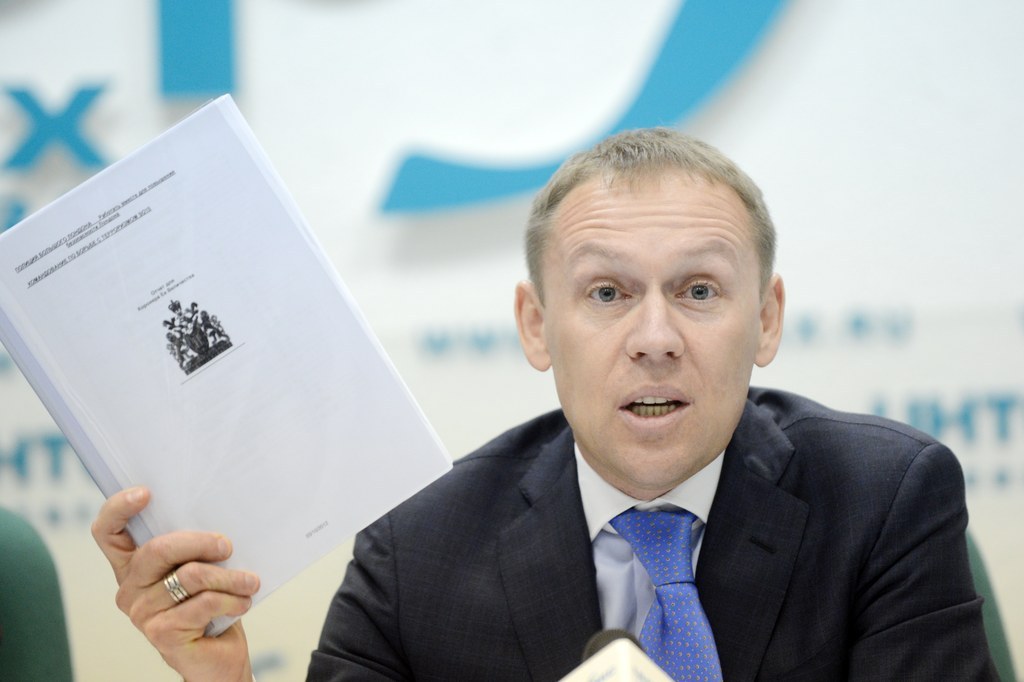
The UK Crown Prosecution Service requested his extradition in May 2007 but it was rejected by Russian authorities two months later.
In a statement, the Metropolitan police said there were outstanding warrants for Lugovoi and Kovtun, who remain wanted for the murder of Litvinenko.
"Our objective will always be to put them before a criminal court," a spokesperson said.
Commander Duncan Ball said: "It is important to remember that behind the significant global interest in this case, this remains an investigation into the murder of a man on the streets of London."
He added: "This remains an ongoing investigation and I am unable to comment on the evidence or say anything further at this time."
Speaking in the Commons, home secretary Theresa May, who set up the inquiry in 2014, described the murder of Litvinenko as a "state-sponsored act".
She said the Treasury would begin freezing the assets of Lugovoi and Kovtun, and she was asking prosecutors to examine whether extradition could be reconsidered. Interpol notices and European arrest warrants remain in place, meaning the two men would be arrested if they travelled outside of Russia.
"This was a blatant and unacceptable breach of the most fundamental tenets of international law and of civilised behaviour," May said.
She added: "Russia's continued failure to ensure that the perpetrators of this terrible crime can be brought to justice is unacceptable."
The Russian ambassador to the UK was later summoned to the Foreign Office to meet the minister responsible for Russia, David Lidlington.
Lidlington set out the government's "deep concern" regarding the report's findings, a spokesperson said.
"He made clear that the inquiry's conclusion concerning the Russian state's probable involvement in this murder was deeply disturbing, demonstrating a flagrant disregard for UK law, international law and standards of conduct, and the safety of UK citizens," the spokesperson said.
"The minister said that this would further complicate bilateral relations, undermine trust, and damage Russia's reputation internationally."

